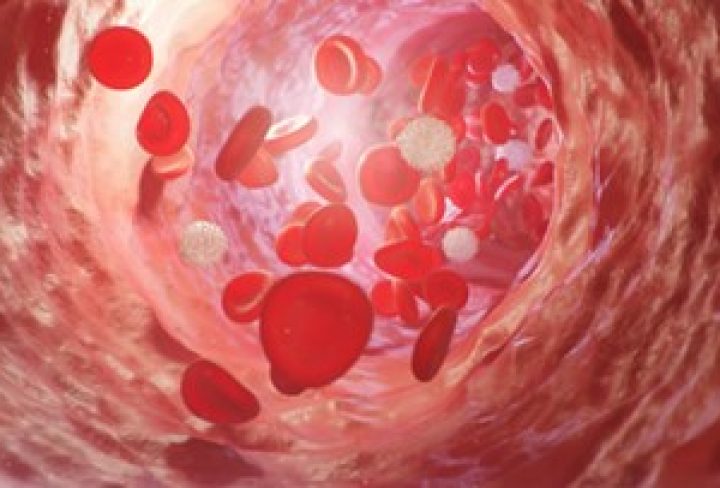It is a type of cancer that affects plasma cells, a type of white blood cells that produce antibodies to help fight infections.
In this, the plasma cells become abnormal and produce abnormal antibodies that can cause damage to the body.
The disease can damage the bones, immune system, kidneys and red blood cell count.
Symptoms of Multiple Myeloma
- Bone pain, especially in the back, hips, and skull
- Fatigue and weakness
- Frequent infections
- Easy bruising and bleeding
- Anemia
- Kidney problems
- Nausea, vomiting, and constipation
- Loss of appetite and weight loss
Causes and Risk Factors of Multiple Myeloma
The exact cause of multiple myeloma is not known.
Risk factors include:
- Age (risk increases with age)
- Gender (more in men)
- Family history
- Exposure to radiation
Diagnosis of Multiple Myeloma
- Blood tests
- Urine tests
- Imaging tests (X-rays, CT scan, or MRI scan)
- Bone marrow biopsy
Treatment of Multiple Myeloma
- Chemotherapy: To kill cancer cells
- Stem cell transplant: To replace damaged bone marrow with healthy one
- Radiation therapy: To kill cancer cells and relieve bone pain
- Immunotherapy: To help the immune system fight cancer cells
- Targeted therapy: To target specific cancer cells
Preventive Tips to Deal with Multiple Myeloma
- Eat a healthy diet
- Exercise regularly
- Maintain a healthy weight
- Avoid exposure to toxic chemicals and radiation
Multiple myeloma can have a significant impact on the bones, leading to pain, fractures, and other complications. If you are experiencing any symptoms of myeloma bone disease, it is essential to speak with your doctor to determine the best treatment options for you. Early detection and treatment can help manage the condition and improve your quality of life.

